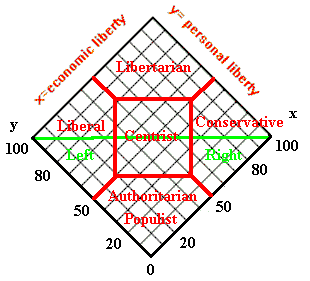I meant to post this earlier but my net connection, along with it seems that of a large number of other Malaysians, was down for the better part of Friday and Saturday. Here’s a link to an amusing article that I read on The Economist. Apparently one unexpected side effect of the current financial crisis has been a boom in the sales of books by Ayn Rand. The publication finds that there is a correlation between announcements of government intervention in the markets and spikes in the sales of Rand’s magnum opus, Atlas Shrugged.
The apparent cause is that current news seems to be echoing events in the novel, with Alan Greenspan’s admission of a flaw in the financial system being particularly seen by Randites as a cowardly capitulation reminiscent of a character’s rejection of reason in favour of faith in the book. More significantly, there seems to be a phenomenon called “Going Galt” going around in the U.S., named after John Galt, a major character in the novel. The idea is that taxpayers should stop subsidizing the government’s wasteful bailout policies and opt out of the financial system by simply choosing to produce less wealth than they could or even choosing not to work at all or closing down their businesses.
For what it’s worth, even though I call myself a libertarian, I don’t identify with this movement at all. Tax increases are to be avoided whenever possible, but in this case are absolutely necessary for the long-term health of the U.S. economy. I’m never happy with bailing out failed businesses or borrowers who took on more liabilities than they could comfortably handle, but I cannot agree that the U.S. government should simply do nothing. I’d have preferred for example, that the U.S. government went ahead and nationalized any banks that are found to be insolvent, but it’s pretty obvious that this is going to entail an extremely large increase in short-term government expenditure that will eventually need to be paid for in the form of higher taxes. I certainly won’t pretend that doing it my way would be any cheaper.
One thing about this movement particularly irks me is that many of them don’t seem to understand the concept of marginal tax rates. There are stories, for example, about people going around finding ways to make sure their income doesn’t exceed US$250,000 because they seem to believe that the higher tax rate for that bracket would be applicable towards the entirety of their income, rather than just the specific amount that exceeds the ceiling. Not very smart for a bunch of folks claiming to espouse rationality and reason.
